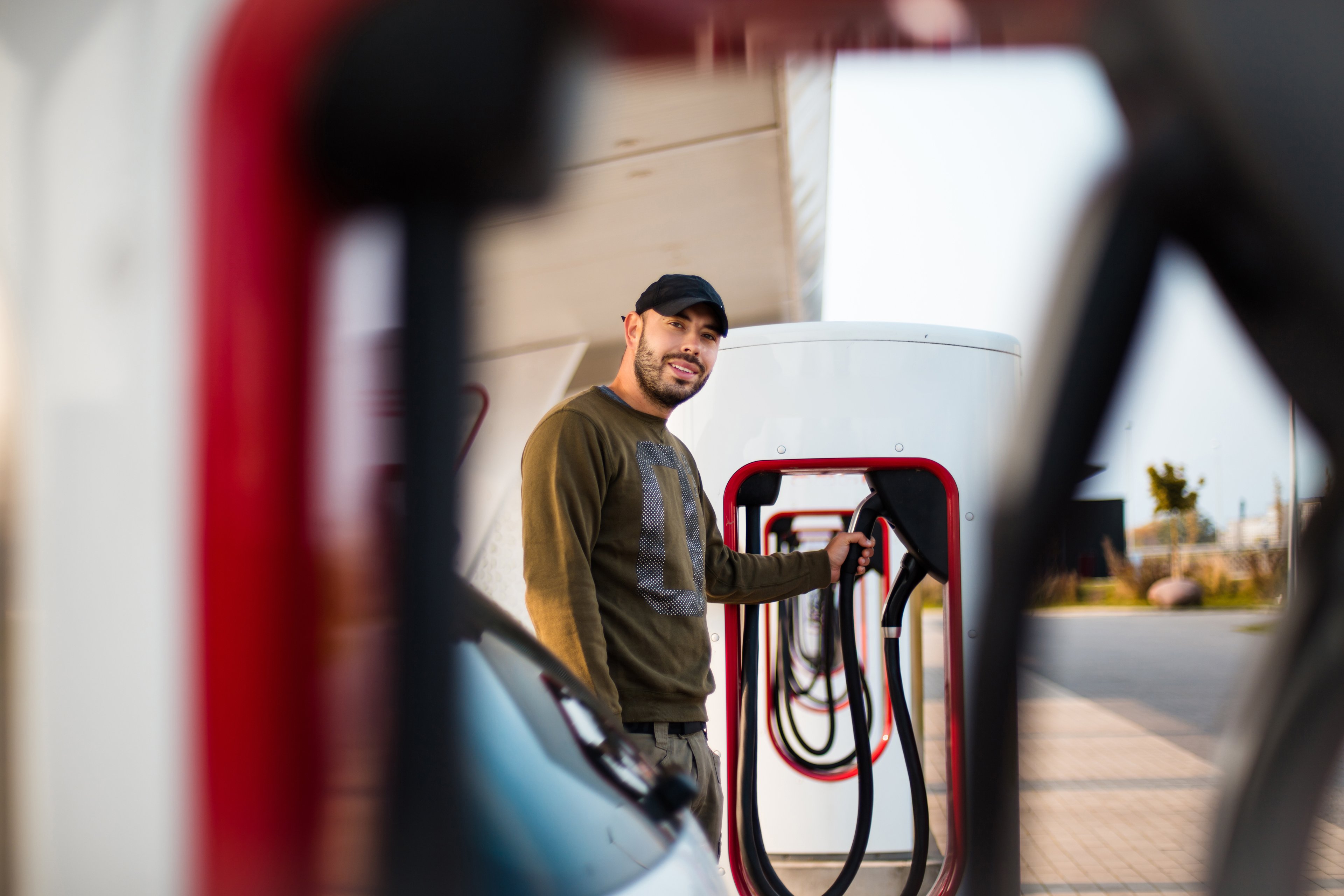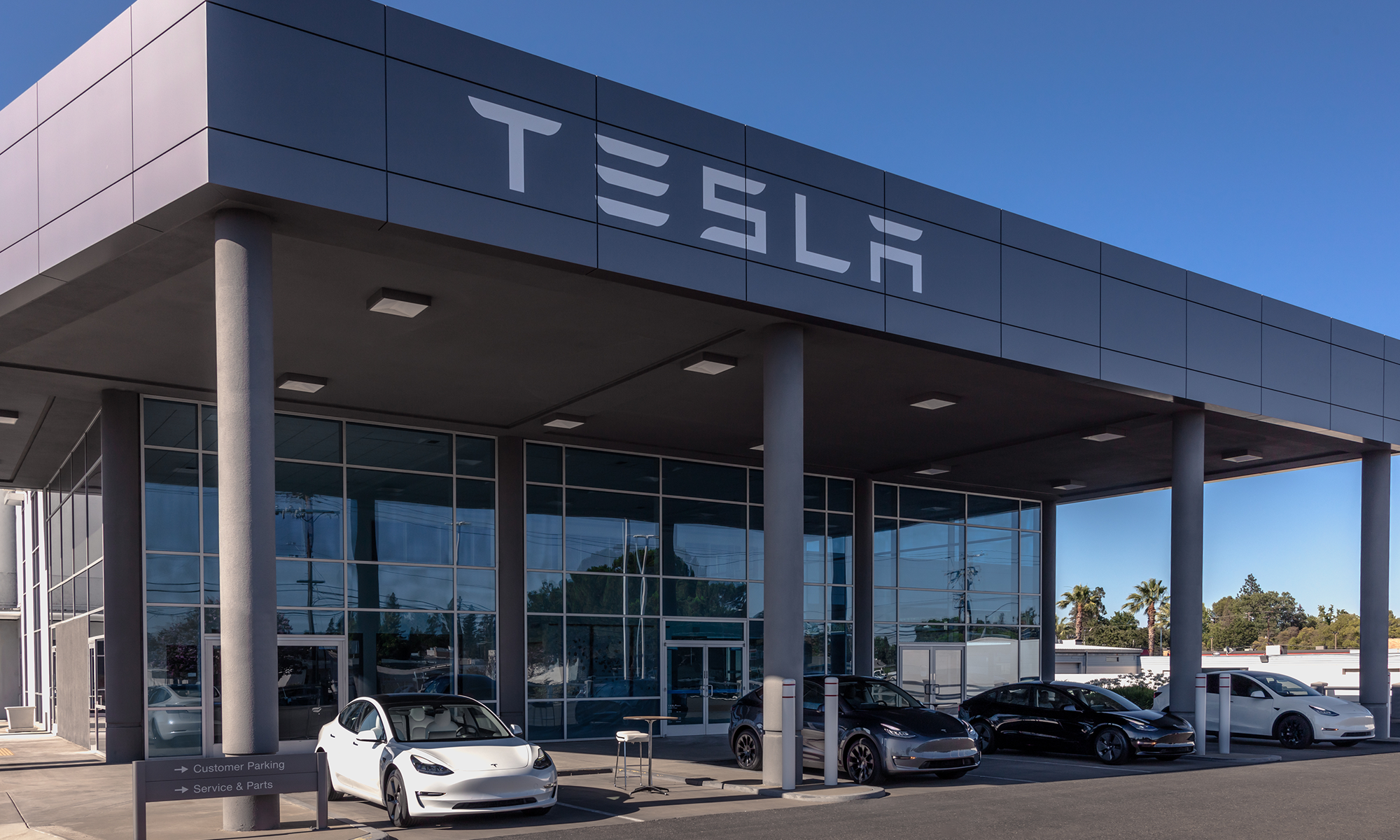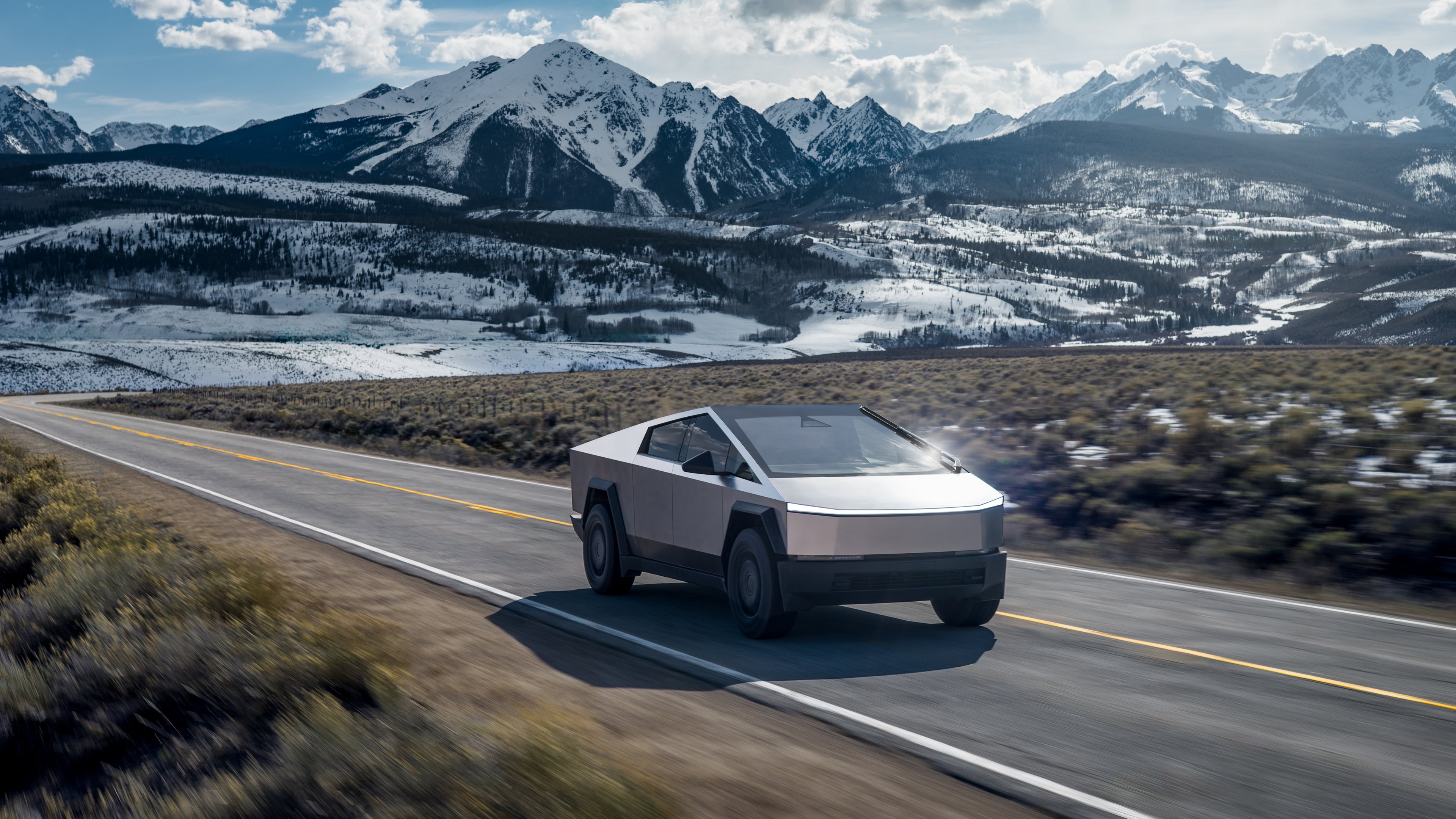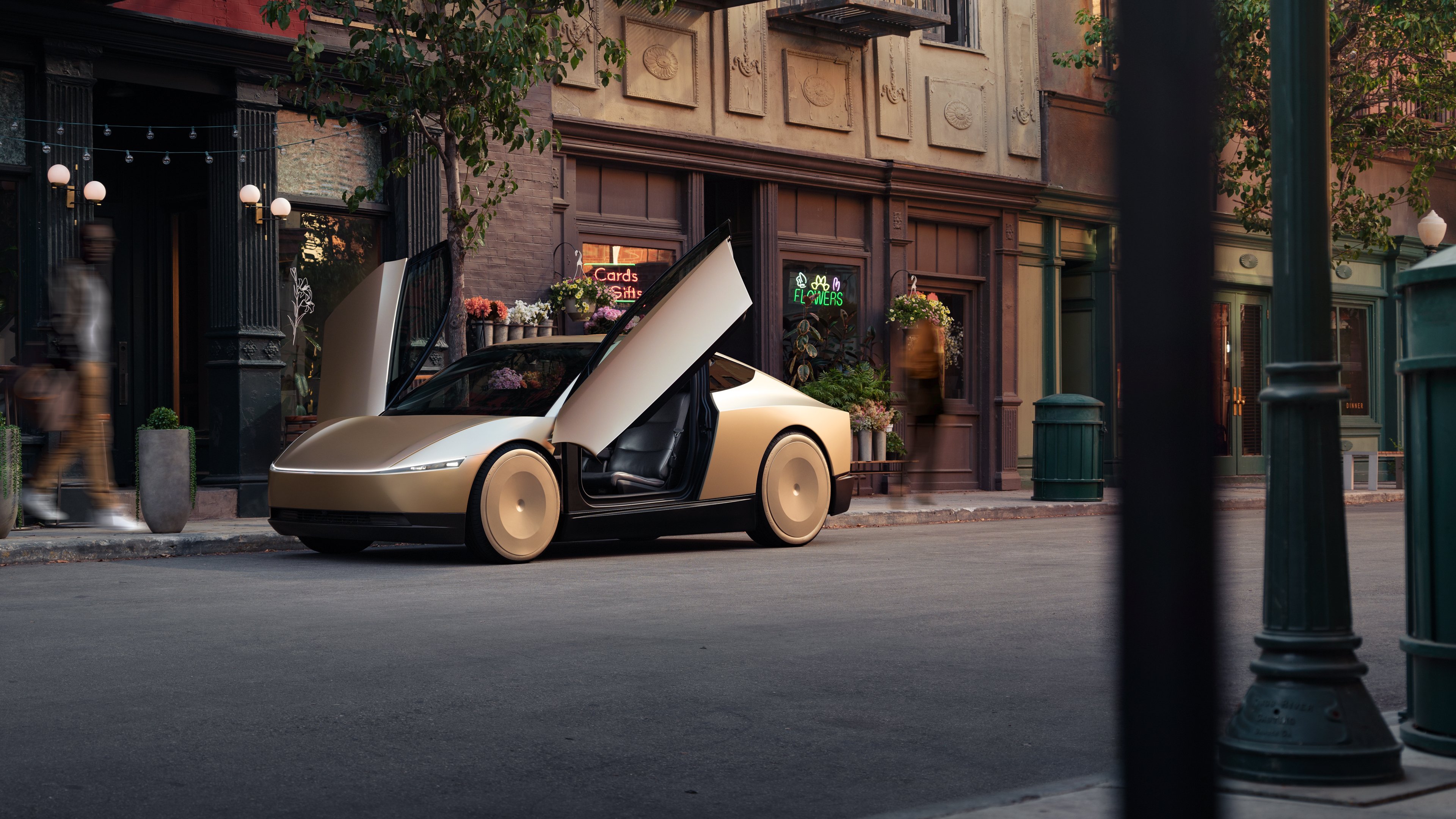Electric-vehicle maker Tesla Motors (TSLA 0.24%), which crushed earnings' estimates and provided a better-than-expected 2014 forecast when it reported its fourth-quarter results on Wednesday, starts shipping its Model S sedan to Chinese buyers this spring.
While Tesla doesn't provide pre-order data, demand in China is obviously strong for the 265-mile-range EV. CEO Elon Musk stated on the earnings call: "[B]ased on current trends it seems unlikely that we'll be able to satisfy demand in China this year." Additionally, according to the earnings release: "Already, the Beijing store is our largest and most active retail location in the world."
There are numerous reasons the Chinese are likely to snatch up the Model S (as well as Tesla's planned Model X crossover and the more affordable generation-three model) at a higher rate than even optimistic forecasters are predicting. Before we get into the primary ones, a snapshot of China's auto market will show you why this market is considered the crown jewel among automakers.
China's auto market: largest in the world and the fastest-growing
Of the 82.8 million autos sold globally in 2013, here are how many were sold in the top three markets:
- China: 22.0 million
- U.S.: 15.6 million
- Western Europe: 12.0 million
There were 5.7 million premium vehicles sold in 2012 (2013 numbers are still fuzzy); here's how the top three markets stack up:
- Europe: 2.7 million
- U.S: 1.5 million
- China: 1.25 million.
In 2013, the Chinese auto market grew 14%, whereas the U.S. market grew 8%, and the European market shrunk 2%. This outsized growth is projected to continue, with forecasters predicting that auto sales in the country will grow 8% annually through 2020. Most forecasts are for the U.S. market to grow in the mid-single digits, and for Europe to experience even slower growth.
Notably, the Chinese premium auto market is projected to grow even faster than the overall market. Forecasts are for sales of high-end autos to grow 12% annually through 2020. This is good news for Tesla, as it's exclusively focused on the premium market and will be for at least the next approximately four years. (Tesla's more affordable generation-three vehicle, which will be priced at about $35,000, is slated to launch in about three years in the U.S., which means its Chinese debut is likely another year out.)
Here are three key reasons Tesla should experience strong demand for its vehicles in China:
There's also an additional reason. The Chinese, in general, are especially drawn to the "latest" names in consumer goods. I'd speculate that this has to do with the fact that most of them had so few product choices for so long. Tesla is certainly the "it" name in cars, and this is likely to be a big factor in the Chinese market.
No. 2: Tesla earned goodwill with its pricing policy
Contrary to standard auto industry practices, Tesla set the Model S's Chinese base price on par with the U.S. base price. (The total cost will be more due to taxes, customs duties, and transportation costs.) Automakers have traditionally charged Chinese buyers considerably more than they have U.S. and European buyers.
This was a smart move, and it surely generated much goodwill for Tesla, which should translate into stronger current and future sales.
It also seems likely that this fair pricing policy should help Tesla in its bargaining with Chinese government officials to get the Model S included in the electric vehicles eligible for government subsidies. Currently, it's not eligible because it's not manufactured in China.
China's subsidies for electric vehicles were as much as 60,000 yuan (about $9,900) in 2013, and are only being cut 5% in 2014 and 10% in 2015, rather than the planned 10% and 20%, because of the outcry among the populace and other nations for China to curb its horrendous air pollution problem.
Surely, subsidies will help increase Model S and Model X sales to a degree. However, they'll be a much bigger factor when Tesla launches its Gen III vehicle.
No. 3: Beijing's license plate lottery
In an effort to help stem its horrendous air pollution problem, China's capital implemented a draconian license plate lottery system. According to the South China Morning Post:
New applicants for conventional cars have a 0.8 per cent chance of getting a plate, an unnamed traffic management official told the Beijing News. For applicants with electric cars, however, the lottery is a mere formality. The 20,000 new licence plates due to be issued for electric cars this year would allow -- if the trend continues -- every single applicant to get a licence plate.
So, if you want to buy a new car in Beijing and not depend upon luck to get one sooner rather than much later, you have one choice -- an electric vehicle. Surely, some high-end buyers are well connected enough to have much better than 1:125 odds of scoring a license plate for a conventional vehicle. That said, not every higher-income person is well-connected enough, or willing to do whatever it takes, to secure a license for a gasoline- or diesel-powered vehicle.
This factor, along with the EV subsidies, should be of greater importance among mainstream buyers. So, if this lottery system, or a similar one, is in effect when Tesla launches its Gen III vehicle in China, look for it to be a big tailwind to help sales.
Foolish final thoughts
A strong demand for the Model S in China should bode very well for Tesla's future prospects in China with its Model X and, even more importantly, its Gen III vehicle. While slower-than-expected sales of the S and X in China won't necessarily break the company, much better-than-anticipated sales of these high-end vehicles could very well ensure Tesla's long-term viability and success.






